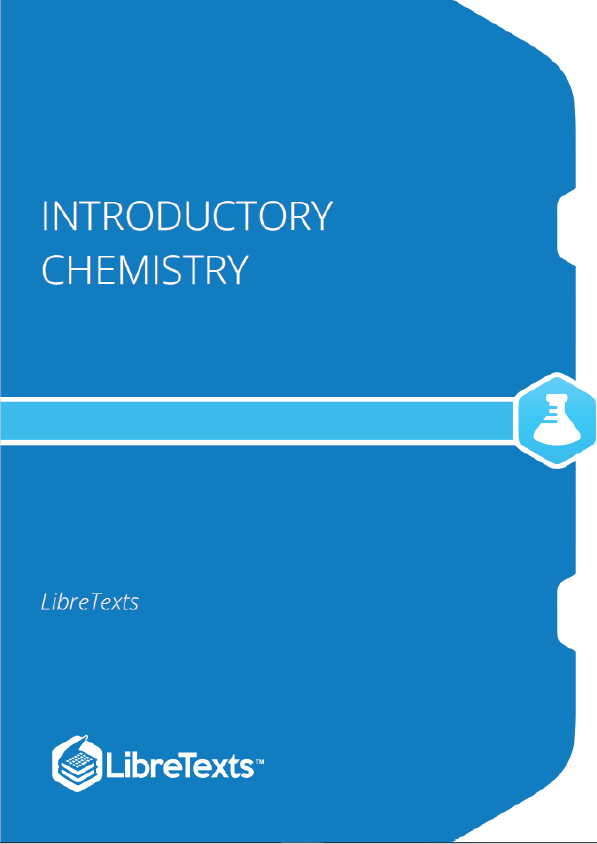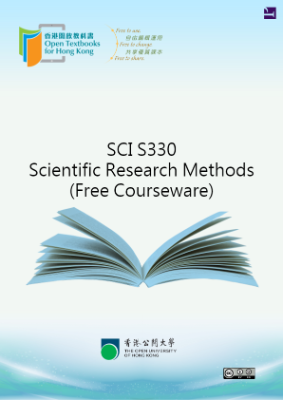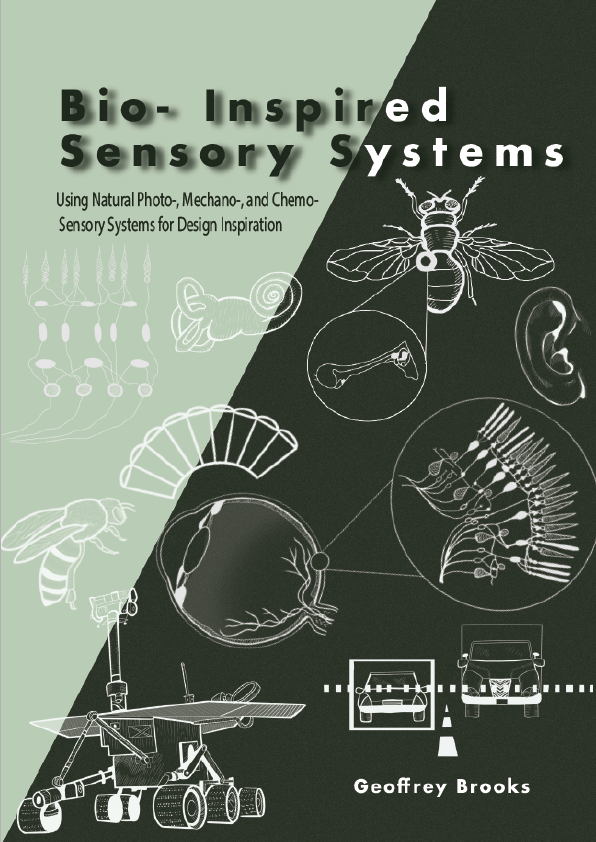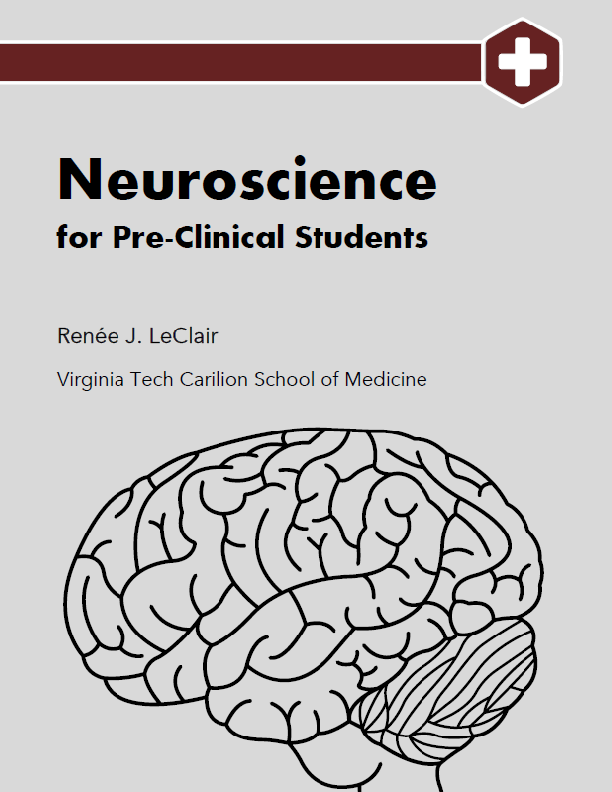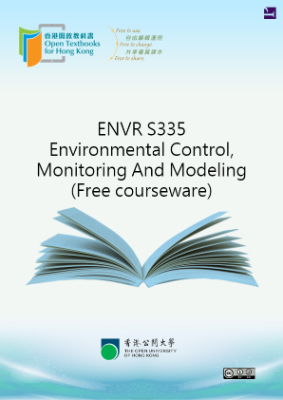Chemistry is the study of matter—what it consists of, what its properties are, and how it changes. Matter is anything that has mass and takes up space—that is, anything that is physically real. Some things are easily identified as matter—the screen on which you are reading this book, for example. Others are not so obvious. Because we move so easily through air, we sometimes forget that it, too, is matter. Because of this, chemistry is a science that has its fingers in just about everything. Being able to describe the ingredients in a cake and how they change when the cake is baked, for example, is chemistry!
Chemistry is one branch of science. Science is the process by which we learn about the natural universe by observing, testing, and then generating models that explain our observations. Because the physical universe is so vast, there are many different branches of science (Figure ). Thus, chemistry is the study of matter, biology is the study of living things, and geology is the study of rocks and the earth. Mathematics is the language of science, and we will use it to communicate some of the ideas of chemistry.
Although we divide science into different fields, there is much overlap among them. For example, some biologists and chemists work in both fields so much that their work is called biochemistry. Similarly, geology and chemistry overlap in the field called geochemistry. Figure shows how many of the individual fields of science are related. At some level, all of these fields depend on matter because they all involve “stuff”; because of this, chemistry has been called the “central science”, linking them all together.
The study of modern chemistry has many branches, but can generally be broken down into five main disciplines, or areas of study:
- Physical chemistry: Physical chemistry is the study of macroscopic properties, atomic properties, and phenomena in chemical systems. A physical chemist may study such things as the rates of chemical reactions, the energy transfers that occur in reactions, or the physical structure of materials at the molecular level.
- Organic chemistry: Organic chemistry is the study of chemicals containing carbon. Carbon is one of the most abundant elements on Earth and is capable of forming a tremendously vast number of chemicals (over twenty million so far). Most of the chemicals found in all living organisms are based on carbon.
- Inorganic chemistry: Inorganic chemistry is the study of chemicals that, in general, are not primarily based on carbon. Inorganic chemicals are commonly found in rocks and minerals. One current important area of inorganic chemistry deals with the design and properties of materials involved in energy and information technology.
- Analytical chemistry: Analytical chemistry is the study of the composition of matter. It focuses on separating, identifying, and quantifying chemicals in samples of matter. An analytical chemist may use complex instruments to analyze an unknown material in order to determine its various components.
- Biochemistry: Biochemistry is the study of chemical processes that occur in living things. Research may cover anything from basic cellular processes up to understanding disease states so that better treatments can be developed.
